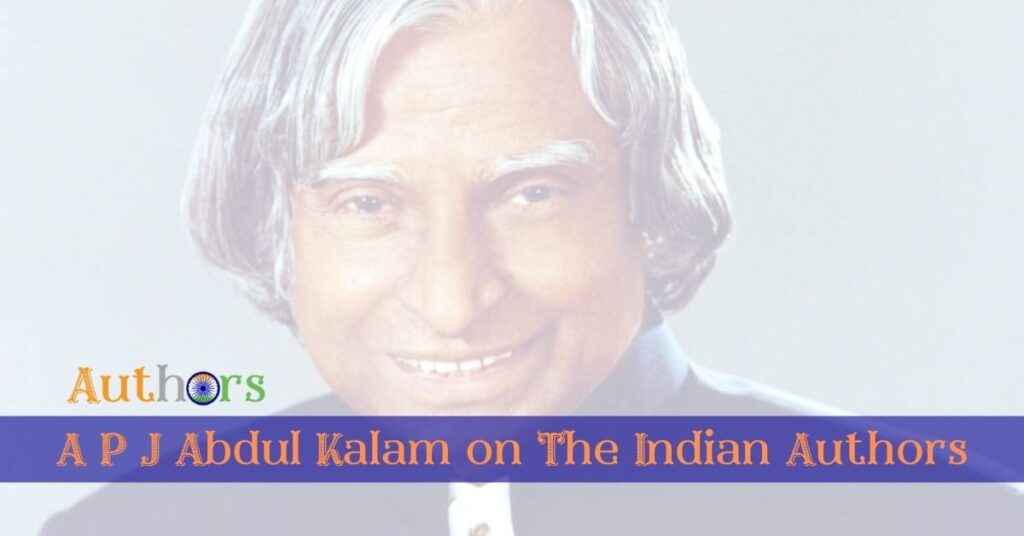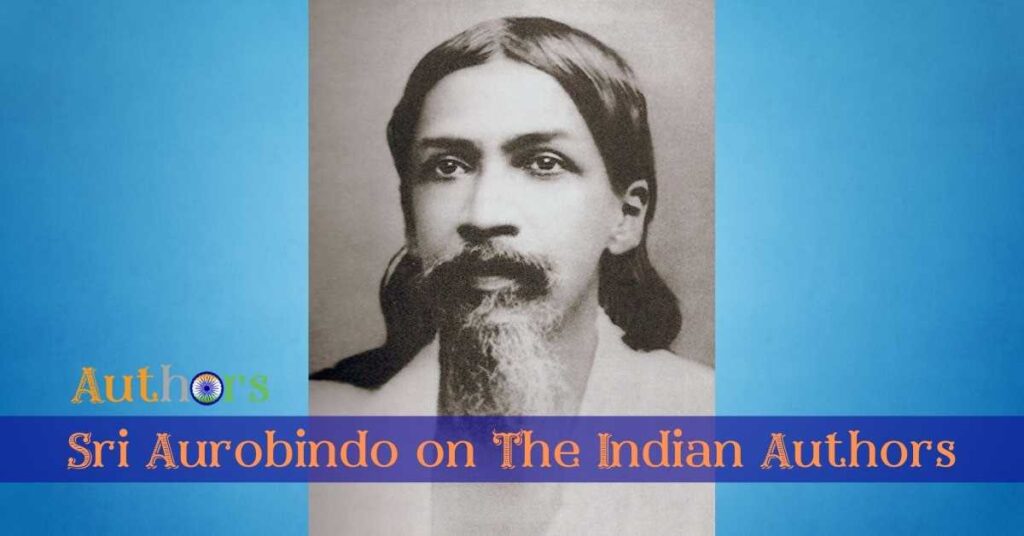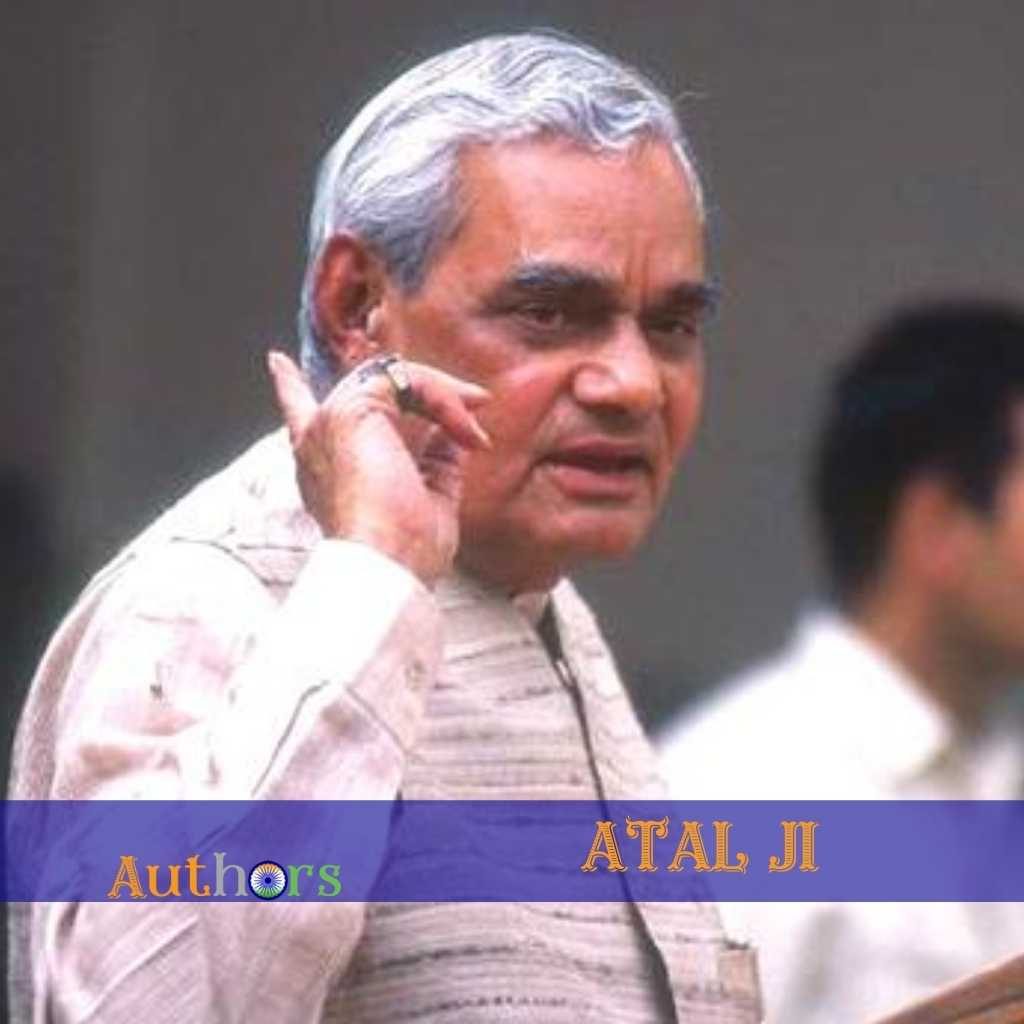Amartya Sen is one of the most important figures in the history of the economics literature. Not only in India, but he is also regarded as one of the most valuable personalities among the world’s leading economists. He is a Nobel laureate and there is no doubt in saying that he is a living legend. He has made an immense contribution to the field of economics. He has changed the discourse of economics by formulation the concept of Human Development Index (HDI) with another economist. His ideas are like visionary thoughts that pave the way for a developed nation. Here is an attempt to present his life and works in a nutshell.

Personal Life:
Amartya sen was born in 1933 in Bengal. He has done his schooling from Kolkata and joined the reputed Presidency College to earn his bachelors degree in economics with first class. His father was a professor and his mother was a well-known personality as well. He was brought up and got his education in a well-off environment. To continue his further higher studies, he moved to Trinity College where he earned his bachelors and masters degree in Economics.
He pursued his PhD from Cambridge University on the topic ‘The Choice of Techniques’ under the supervision of a great economist Joan Robinson. He returned to India to become the first head of the department of Jadavpur University in Economics. Still, he holds this record in India to be the youngest head of the department. He continued his work there and later moved to Harvard to be a professor there.
His Works:
Amartya Sen has made his major contribution to economics in the field of welfare economics. He has developed the theory of global justice, development of freedom, social choice theory and many more. During his research work, he has travelled almost all the villages of West Bengal on his bicycle and later he donated that bicycle to Nobel Prize Committee as it’s a rule by the committee a laurate has to give something from very near to heart things.
His works are sharply focused on ground level justice. He advocated the principle of equality and created major tools to eliminate the widespread poverty in underdeveloped nations. However, how much the tools succeeded in their objectives is a matter of conjecture among the leading economists. He has done empirical studies on famine and the consequences of it. He talks about 3As – accessibility, accountability and availability is the key to welfare economics. He used mathematical logic and moral philosophy to tell us under which condition Keneth Arrow’s impossibility theory works.
Prof. Sen made contributions to the development economics as well. The fundamental contribution of Prof. Sen lies in resurrecting the concept of human values and societal well-being from the roots of classical economic theory and giving them fresh dimensions in terms of tangible observable yet qualitative indicators of development.
Sen pointed out numerous methodological problems in measuring unemployment in a less developed country and suggested modifications of public policies to meet these complexities and arrive at the optimal choice of the product mix as well as the technology required for the purpose.
Sen talks about freedom as well. According to Sen, One has to make a distinction between freedom in the sense of option to choose and the freedom to actually achieve what was conceived to be chosen.
His Major Books:
- Poverty and Famines
- Development and Freedom
- The idea of justice
- Identity and Violence
- An Uncertain Glory
- The Argumentative Indian
- On Ethics and Economics
- Commodities and Capabilities
These are his major works though he has written many books and published an enormous number of articles. Most of the books use a common theme about providing justice to the people living on the bottom and bring the welfare policies for them.
Controversies:
In the later part of his life, Amartya Sen was harshly criticised for his involvement in a ‘yet-to-be-established’ university – the very famous Nalanda University. Mr Sen took a huge amount of money acting as the Chancellor of this university but his contributions and activities hardly transcended his name.
For his economic philosophy also, he has been challenged by leading economists around the world. In recent years, in the run-up to the 2014 Indian general election and also after 2014, Amartya Sen has been very vocal against Narendra Modi without ‘substantial’ reasons. Another leading economist from India, Jagdish Bhagvati, criticised Mr Sen for his ‘naive’ political prejudice preceding over his economic glasses.
Conclusion:
As an Econiomnicst Amartya Sen is an unmatched figure. Due to his groundbreaking theories in the field of economics, he has been awarded by several prizes. And in the list of prizes two most important prizes and Nobel prize and Bharat Ratna. Apart from being an economist, he is a philanthropist and a moral philosopher. His works are philosophical as well.
by Amit for The Indian Authors Database



